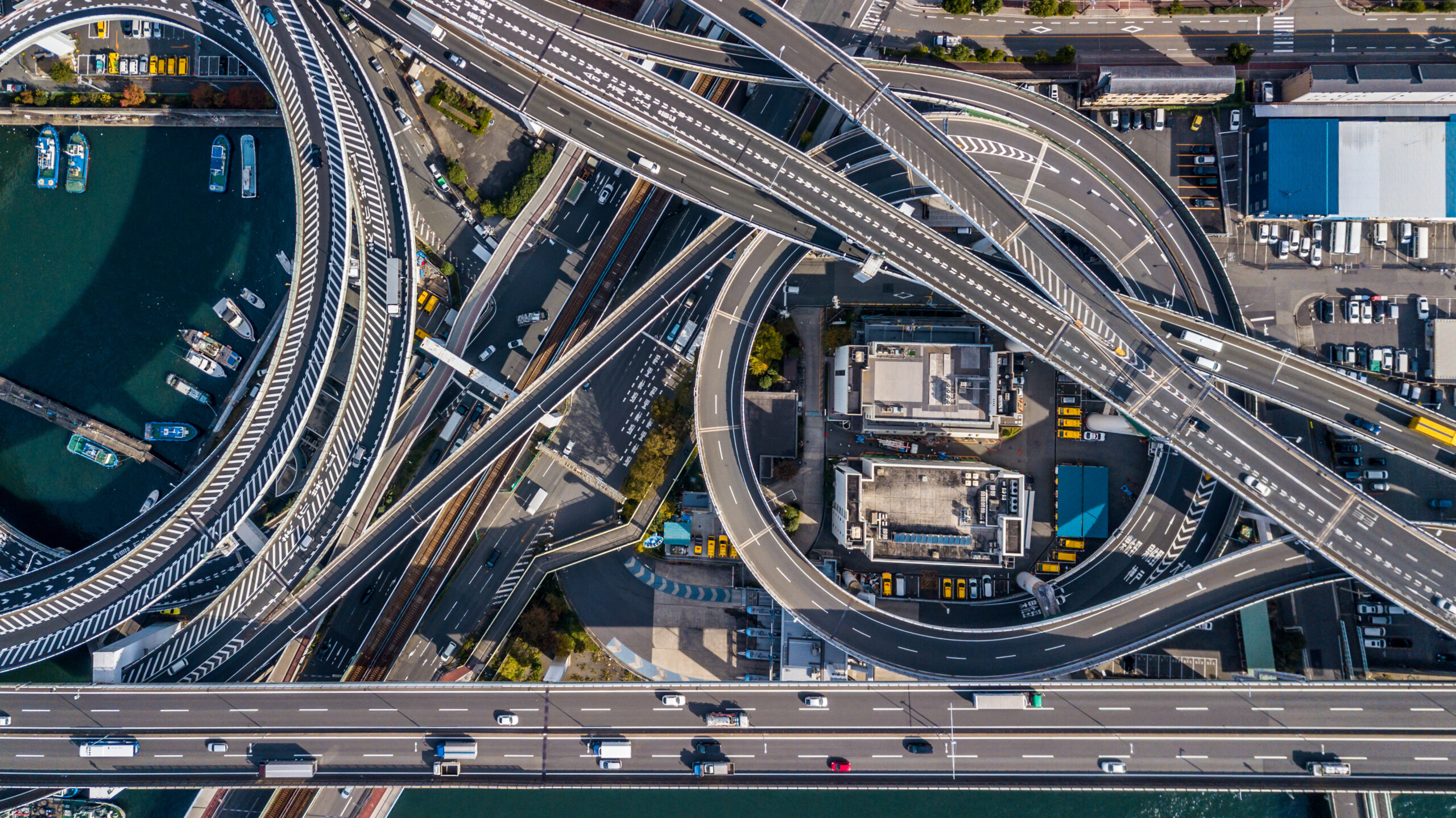The Importance of Government to the World’s Economy
Reducing government spending negatively affects the global economy.
World governments are the largest employers and provide more income to people than any other entities upon Earth. A government’s vast employment network includes, but is not limited to: a workforce of civil servants (elected officials, judges, lawyers, law enforcement personnel, etc.), postal workers, military personnel, contractors, entities that receive government subsidies (including many farmers and landowners), and businesses that are bailed out and now indebted as a result of government funding. These employees are paid from tax dollars. Included with the federal or national workforce are local government employees, teachers, firefighters, and other law enforcement employees. If government spending is reduced by eliminating government workers, who directly benefit from taxation (the source of their paychecks), the world’s consumption-based economy will collapse.
The world’s governments cannot (and should not be expected to) work with a balanced budget that only spends the money that they receive through the taxation of the people, which includes the businesses that the people create in a free market system. Every competent leader knows this. Government does not have an umbrella insurance policy—or any other insurance policy for that matter—that reimburses it for unforeseen costs associated with unexpected events such as war, domestic and foreign social expenditures that pay the consequences of free-willed human action (criminal activity, protests that end in violence, and the likes) or natural disasters. No government can create a budget that allows for a savings plan to pay for unexpected future events. This is simply not possible.

National debts allow for funding of government operations and programs. They grow larger every day. All countries’ national debts will continue to increase exponentially according to the needs of the people.
There is not enough mined gold upon Earth to pay off even the United States’ national debt. It is estimated that about 6 billion ounces of gold have been unearthed during the entire history of human existence. If all of the unearthed gold had a value of $2,000 U.S.D. per ounce, it would only be valued at 12 trillion dollars, which would not come close to paying off the U.S. National Debt. Once governments figured out that the gold standard was not sustainable, they started printing money on paper, which led to greater instances of inflation.
Paper money has no real value in and of itself, except for that which the people give it. Inflation is the direct result of an increased money supply. Inflation is determined by supply and demand. In other words, the price of a good or service that a person offers to others is based, not on its real material value, but upon what the consumer will pay for it. A person (or business entity) becomes wealthy when the good or service that that the person offers is in demand by others. The person might charge $1.00 for a good or service at first and be satisfied with the profit, given that the price charged is based on the person’s desire for profit. Although the person is satisfied with the profit made from $1.00, once the person realizes that the consumers have more money available to them and can then pay more for the good or service, that person will inflate the price (inflation) accordingly in order to make a larger profit. This is how Capitalism and the Free Market work.
The argument is made that Capitalism and the Free Market economies are primarily responsible for technological advancements and the rise of human initiative and innovation. This is simply not true. Although the market does increase a person’s desire to invent something that can be sold, government spending is primarily responsible for the rise of our physical standard of living. Because only a government can legally print money, government funding of research and development (predominantly for military purposes) has been responsible for many of the things that humans depend upon in support of a higher standard of living. Government grants to individuals and organizations are responsible for many of the things upon which the human race has become dependent.

Humans cannot use their reason and intelligence to imagine and invent things if they are constantly forced to concentrate only on their day-to-day survival. Most human-inspired inventions, from the first forms of ancient writing to modern computer sciences, were made possible because of financial grants from governments that freed people up from normal physical labor and allowed them to think.
The development of nuclear fission that led to the Atomic Age is credited properly to German government financing of military research and development. Another important example of the necessity of a strong government and the money that it can create, is the case of American, Eli Whitney. Whitney is famous for his invention of the Cotton Gin—a machine that eliminated human labor in the cotton fields in the early United States. Whitney is known as one of the first pioneers of American manufacturing, especially in the field of mass production. However, this would have not been possible without the intervention of the military branch of the U.S. Government. Due to the weak patent laws that existed at the time, Whitney made very little profit from his machine. The U.S. Government, acknowledging Whitney’s innovation and skill, stepped in and offered him a lucrative contract to build muskets for the military. Without the government’s help, Whitney would have died a pauper.
If a government creates money to improve life for people by providing paychecks for them, taxing their paychecks seems counterproductive. If all the people upon Earth are dependent upon a government paycheck, directly or indirectly, and then that paycheck is taxed, or money is given back to the government, why not simply reduce the original amount of the paycheck?
Government: Here is $100 for your services, but give me back $20 so that I can pay you next time.
What?
This is why governments are insolvent and in debt. However, a government’s sustainability is not currently based on how solvent it is (how balanced its budget is), but rather in its ability to repay debt. Each country is given a credit rating by U.S. dominated financial groups. Since it is impossible for any country to become completely debt free, why are people’s incomes taxed?
People work to receive a paycheck so that they can buy the goods and services that they want and can afford, from other people. The more disposable money a person has (the larger the paycheck), the more goods and services that can be purchased. The wealthier a person is, the more goods and services that person can purchase to enhance life. Poor people do not have the money to purchase the goods and services that the rich enjoy. The money the poor receive from their paychecks goes towards life’s basic necessities. The world’s economy is based on consumption—buying goods and services. The more money people have to spend, the better the economy.

Note: Congress will have the power to legislate safeguards that limit the inflation rate on all goods and services guaranteed to the people in our Proposed Constitution to 1.5% per annum. See Article I: Section 9(c) and its corresponding Note 9.c to learn more.
Note: Congress will have the power to legislate safeguards that limit the inflation rate on all goods and services guaranteed to the people in our Proposed Constitution to 1.5% per annum. See Article I: Section 9(c) and its corresponding Note 9.c to learn more.

